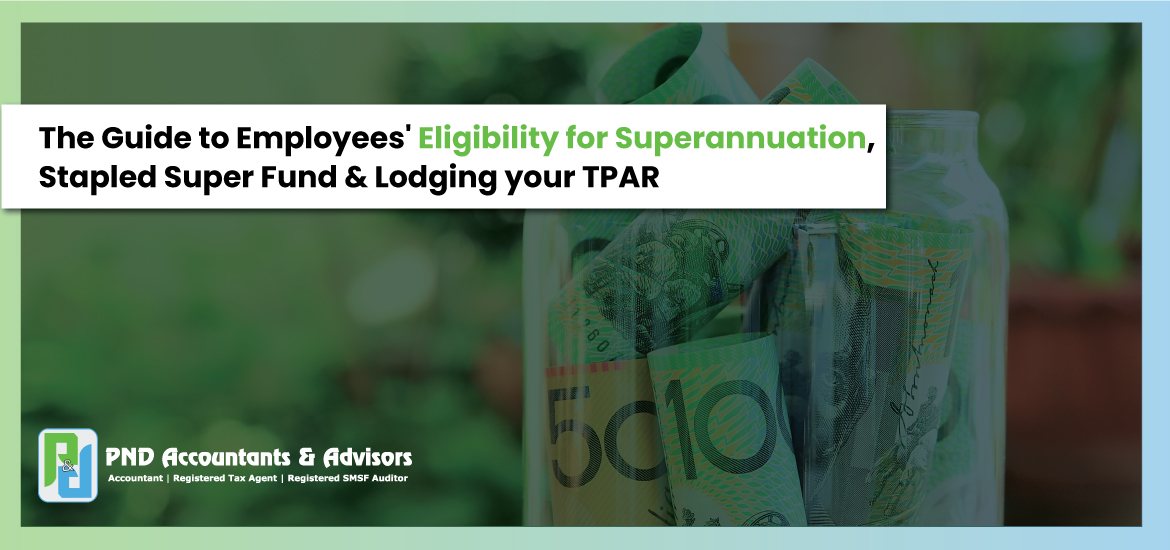As we all know, Superannuation is a Government program that promotes saving a part of the income over the working life of an employee, in a tax-effective way. When a person is employed, the employer is obligated to make contributions over the salary/wages on the employee’s behalf in a Super fund that is entrusted to keep the money sound and secure until the employee retires.
For the new employees hired to your organization, you may need to assess if the employee is eligible for Super payment or not. Generally, you are required to pay if
1) The employee is at least 18 years old, paid $450 or more (before tax) in a calendar month
2) The employee is less than 18 years old, paid $450 or more (before tax) in a calendar month, and works for 30+ hours in a week.
These rules apply if the employee is working part-time, full-time, or even as a temporary resident. In some cases, contractors are also eligible to be paid for Super by the employer.
The new employees can fill up the Commencement Form using the Australian Taxation Office’s online services to enable the employees as well as the ATO to get complete information in a seamless manner.
Provision of Stapled Super Fund
 From 1st November 2021, if a newly hired employee does not choose a Super fund, the employers are mandated to get the details of their existing super fund, also known as “stapled super fund” from the Australian Taxation Office and pay the contribution there.
From 1st November 2021, if a newly hired employee does not choose a Super fund, the employers are mandated to get the details of their existing super fund, also known as “stapled super fund” from the Australian Taxation Office and pay the contribution there.
A stapled fund is linked to an employee as he/she changes jobs throughout their life. The employer is required to pay the contribution into one of the following: –
1) The super fund of the employee’s choice.
2) The stapled super fund of the employee given by the ATO.
3) The employer’s default fund which meets the ‘choice of funds’ rules, if unable to pay in either of the above-mentioned funds.
Filing a Taxable Payments Annual Report (TPAR)

With the uncertainty surrounding COVID-19, many employers may have contracted out work for a period of time. In such a case, it is necessary to file a Taxable Payments Annual Report before 28th August every year.
The businesses that are involved in contracting out work to contractors and sub-contractors for the following activities are obliged to file a TPAR: –
- Building and Constructions
- Information Technology
- Cleaning
- Courier Services
- Road Freight
- Investigation, Security and Surveillance
In case of missing the due date, the employer can still file it online and any mistakes made can be amended as well by following the instructions mentioned on ATO’s website. Don’t forget to include cash payments made to contractors on your TPAR.
If you face difficulties in any of the regulatory procedures, PND Accountants and Advisors are here to help your organization comply with all the rules and regulations as well as manage your Accounting & Bookkeeping Services in a flawless manner.




